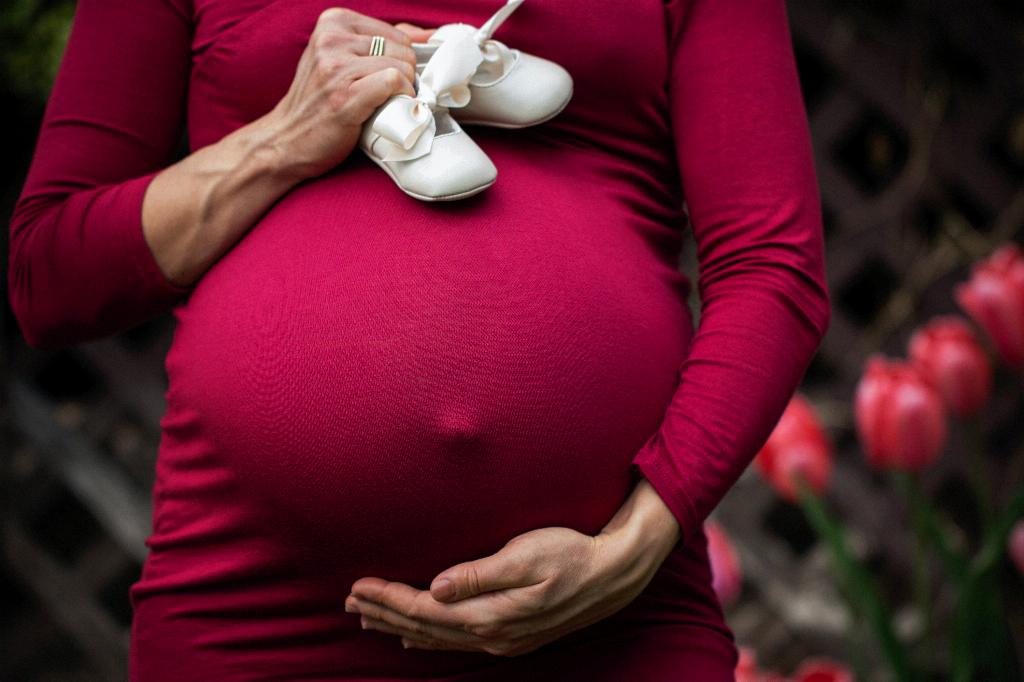One of the many incredible aspects of pregnancy is the way it affects a woman’s cardiovascular system. It’s no surprise that as your body undergoes the remarkable process of growing and nourishing a baby, your heart and blood vessels work even harder than usual. Let’s delve deeper into how pregnancy impacts the beating of your heart.
The Impact of Pregnancy on Blood Volume
During pregnancy, blood volume in a woman’s body significantly increases, by approximately 30% to 50%. This surge in blood volume is necessary to provide an adequate supply of nutrients and oxygen to the developing fetus. As a result, the heart must pump a greater amount of blood with each beat, leading to a higher workload on the heart.
The Role of Heart Rate in Pregnancy
As blood volume escalates, the heart responds by pumping more blood each minute to meet the demands of the growing baby. This heightened workload on the heart is reflected in an increase in heart rate. Many women notice that their heart seems to beat faster during pregnancy, and this is a normal physiological response to the body’s increased demands.
Understanding the Role of Hormones
Several hormonal changes occur during pregnancy, including an increase in hormones such as progesterone and estrogen. These hormones play a vital role in supporting the pregnancy, but they also influence the cardiovascular system. Progesterone, for example, can cause blood vessels to dilate, which may contribute to lower blood pressure and an increased heart rate.
Physical Changes in Pregnancy
As the uterus expands to accommodate the growing fetus, it can compress the inferior vena cava, a large vein that returns blood from the lower body to the heart. This compression can lead to a decrease in blood flow to the heart, prompting the heart to work harder to maintain adequate circulation throughout the body.
The Impact of Labor and Delivery
Throughout labor and delivery, the heart faces additional challenges as it supports the intense physical exertion of childbirth. The pushing and straining involved in delivery require a significant amount of cardiovascular effort, further increasing the heart’s workload during this transformative process.
Maintaining Heart Health During Pregnancy
While it is normal for the heart to beat faster and work harder during pregnancy, it is essential to prioritize heart health throughout this journey. Maintaining a healthy diet, staying active within the limits recommended by your healthcare provider, and attending regular prenatal check-ups can help support both your cardiovascular system and the well-being of your growing baby.
Consulting Your Healthcare Provider
If you have concerns about your heart rate or any other aspect of your cardiovascular health during pregnancy, it is crucial to speak with your healthcare provider. They can offer personalized guidance and support to ensure that you and your baby remain healthy throughout the pregnancy and beyond.
Final Thoughts
In conclusion, the answer to the question, “Does your heart beat faster when pregnant?” is a resounding yes. Pregnancy brings about profound changes in the body, including increases in blood volume, heart rate, and the heart’s overall workload. By understanding these changes and taking proactive steps to support cardiovascular health, you can navigate the unique cardiovascular journey of pregnancy with confidence and care.

